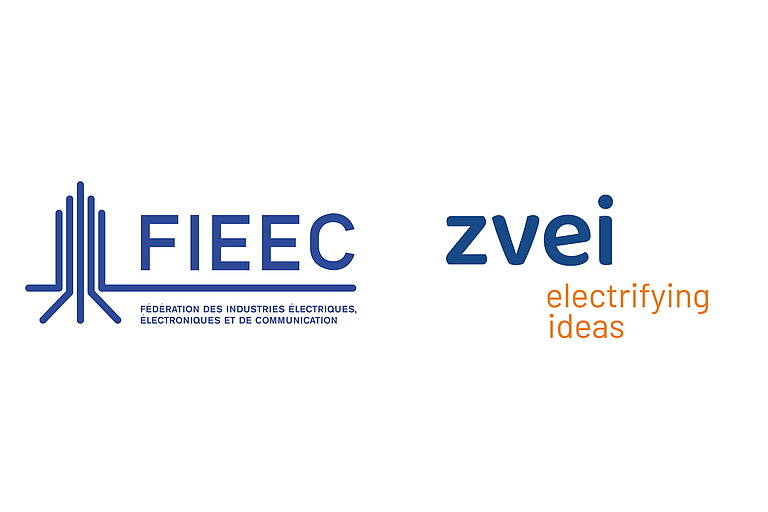Publications
European Affairs
17.02.2023
Sicherer Zugang zu kritischen Rohstoffen für europäische Zukunftstechnologien
Die EU steht vor großen Herausforderungen: die Energie- und Mobilitätswende, die Dekarbonisierung der Industrie und der digitale Wandel müssen zeitgleich bewältigt werden. Um die europäische Gesellschaft und die europäische Industrie zukunftsreif zu machen, ist der sichere Zugang zu sogenannten kritischen Rohstoffen unabdingbar. Mit dem European Critical Raw Material Act (ECRMA) will die EU-Kommission dies nun angehen.

The creation of the Carbon Border Adjustment Mechanism (CBAM) coupled with the planned reform of the EU Emission Trading Scheme framework (ETS) calls for the greatest vigilance regarding the impact of the measures on the competitiveness of the European downstream sectors. Indeed, manufacturing industries using iron, steel and aluminium based in Europe will see their cost of production increase sharply making their products uncompetitive on the European market and for export. This differential will be highly detrimental to the creation and maintenance of industrial employment in Europe.
According to the principles set out in the Commission's proposal of 14 July 2021, importers in the covered sectors (Iron and steel, aluminium, electricity production, cement, fertilizer) will purchase emission certificates according to the carbon intensity of the imported products corresponding to the price of the carbon that would have been paid if the goods had been produced in accordance with EU carbon pricing rules (EU ETS). Conversely, if a non-EU producer can demonstrate that it has already paid a price for the carbon emitted at the production phase of the goods it exports to the EU market, the CBAM provides that the corresponding cost may be deducted by the European importer. The CBAM must therefore contribute to reducing the risk of carbon leakage on the covered sectors, by encouraging producers in third countries to green their production processes. The CBAM will intervene in parallel with the end of the allocation of free allowances granted to sectors subject to the ETS and confronted with carbon leakage. Some compensation measures are being discussed by European institutions to restore competitiveness of the covered products for export.
As the proposed measures are designed to minimise the risk of carbon leakage on the sectors and not to undermine their competitiveness compared to non-UE products, we stress that in the current state, these measures transfer all the risks to downstream sectors which are not included in ETS nor CBAM but will suffer the consequences in term of increase of production costs inside Europe compared to non-EU suppliers.
Measures to maintaining competitiveness of European downstream industries, both at export and on the internal market, and compatible with the rules of the World Trade Organization, must be defined without delay, in order to give the needed predictability and security to European companies especially in strategic sectors such as energy industry (batterie, electric motors, transformers, cables, appliances, etc.), medical appliances and home appliances industry, where a lot of steel, aluminium and cement (washing machines) is used.
